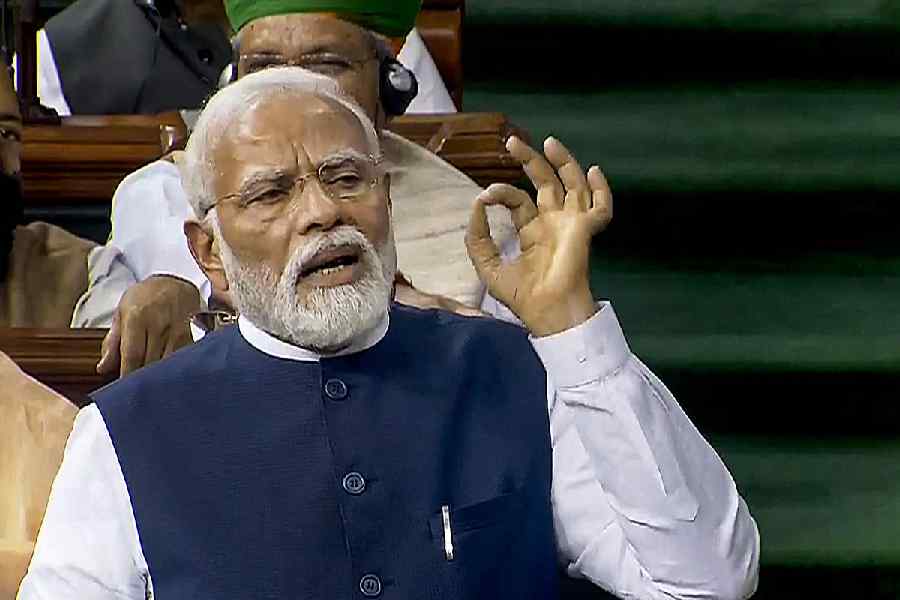Prime Minister Narendra Modi has decided to turn back the clock by ripping up the playbook that ushered in economic liberalisation. The essence of the economic reforms was to end the corruption-ridden quagmire of the licence raj. Mr Modi has now driven a stake through the carefully-crafted industrial policy of over three decades by resurrecting the spectre of import licensing. The recent notification, which makes it mandatory to seek import licences from November 1 for the import of laptops and mobile phones, has sparked a furious debate over whether the cornerstone of liberalisation is now under threat.
The justification for the rollback of the basic precept of economic reform is founded on that old chestnut, atmanirbhar Bharat, the belief that India thrives if it strives to be self-sufficient. The drumbeats of change had been sounded several years ago when the current regime tried to whip up fervour around the Make in India campaign. When that failed, the government started to offer seductive subsidies under the Production-Linked Incentive scheme that was introduced in 2020 and now covers 14 industrial sectors ranging from telecom to automobiles and pharmaceuticals to drones. When the blandishments failed to achieve the desired results, the government in some desperation turned to import licensing. The PLI scheme for IT hardware with a budgetary outlay of Rs 170 billion was notified in May. The world’s leading laptop makers like Apple, Dell and Hewlett-Packard have been alarmed by the suddenness of the decision. They have urged the government to push back the deadline by six to nine months, promising to build factories in India by then. The government, however, is unlikely to relent.
There is no guarantee that the carrot of subsidies and the stick of import restrictions will work. The PLI scheme was conceived in November 2020 with an outlay of Rs 1.97 trillion. It will dole out a roughly 5% subsidy over six years on incremental sales over a base year. The plan is to boost investment in these 14 sectors, spark a boom in the manufacturing sector whose contribution to GDP has languished at around 17%, and create those elusive jobs. The import restrictions fly in the face of the commitments that India made to the World Trade Organisation. Meanwhile, complaints have already come in from several sectors over the tardiness in paying out PLI subsidies. Import licensing could prove to be the most regressive measure that Mr Modi’s government has adopted in the past decade.











